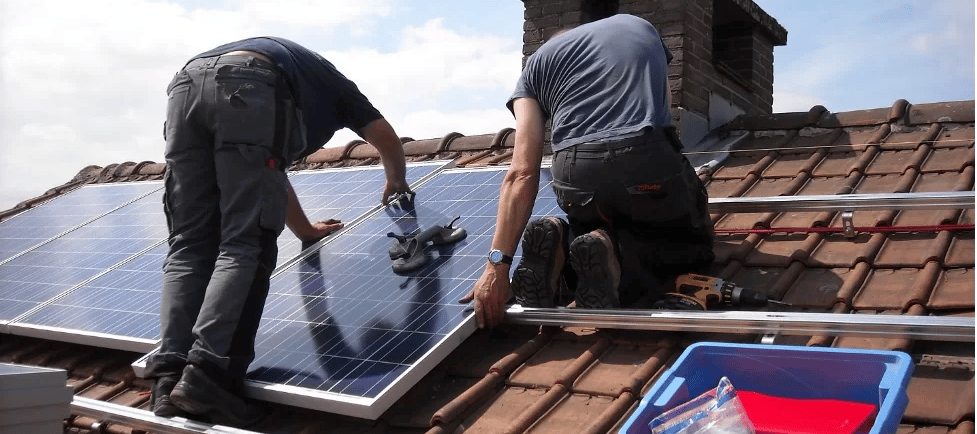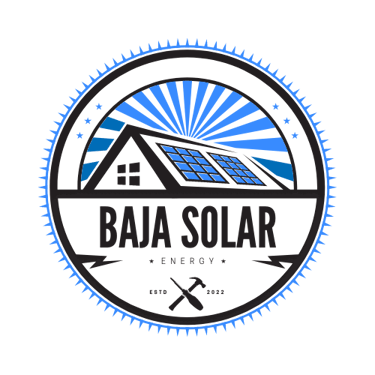Solar Installation: A Guide for the 25-60 Age Group
This guide provides information on the benefits, costs, and installation process of solar panels for homeowners in the 25-60 age group. Solar panels can save homeowners money on their electricity bills, increase the value of their homes, and help the environment. The cost of solar panels has come down significantly in recent years, and they are now more affordable than ever before. The installation process typically takes a few days, and solar panels require very little maintenance.


Solar Installation: A Guide for the 25-60 Age Group
Are you in the 25-60 age group and thinking about installing solar panels in your home? If so, you're in good company. More and more people in this age group are choosing to go solar and for good reason. Solar panels can save you money on your electricity bills, increase the value of your home, and help the environment.
If you're not sure where to start, don't worry. We've put together this guide to help you through the process of solar installation.
1. What are the benefits of solar panels?
There are many benefits to installing solar panels in your home. Here are a few of the most important:
Save money on your electricity bills. Solar panels can generate electricity for your home, which can save you money on your electricity bills. The amount of money you save will depend on the size of your solar system and your energy usage.
Increase the value of your home. Studies have shown that homes with solar panels sell for more money than homes without solar panels. This is because solar panels are seen as a desirable feature by many homebuyers.
Help the environment. Solar panels are a renewable source of energy, which means they don't produce greenhouse gases like fossil fuels. By installing solar panels, you can help reduce your carbon footprint and make a positive impact on the environment.
2. How much do solar panels cost?
The cost of solar panels varies depending on the size of your system and the type of panels you choose. However, the cost of solar panels has come down significantly in recent years, and they are now more affordable than ever before.
3. How do I get started with solar installation?
The first step is to get a quote from a solar installer. Solar installers will assess your needs and recommend a system that is right for you. They will also help you apply for any available rebates or incentives.
Once you have a quote, you can decide whether or not to move forward with solar installation. If you decide to go solar, the installer will schedule a time to install your system. The installation process typically takes a few days.
4. What are the maintenance requirements for solar panels?
Solar panels require very little maintenance. You should have your panels cleaned once a year to remove any debris that may have accumulated. You should also check the wiring and connections to make sure they are secure.
5. What are the warranty options for solar panels?
Most solar panels come with a 25-year warranty. This warranty covers the performance of the panels and the workmanship of the installation.
6. What are the tax incentives for solar panels?
There are a number of tax incentives available for solar panels. The federal government offers a tax credit of 26% of the cost of your solar system. Some states also offer tax credits or rebates.
7. How do I find a reputable solar installer?
There are a number of ways to find a reputable solar installer. You can ask your friends, family, or neighbors for recommendations. You can also search online for solar installers in your area.
When choosing a solar installer, be sure to get multiple quotes. You should also ask about the installer's experience, qualifications, and warranty.
Conclusion
Solar panels are a great way to save money, increase the value of your home, and help the environment. If you're in the 25-60 age group and thinking about installing solar panels, we encourage you to get started today.

